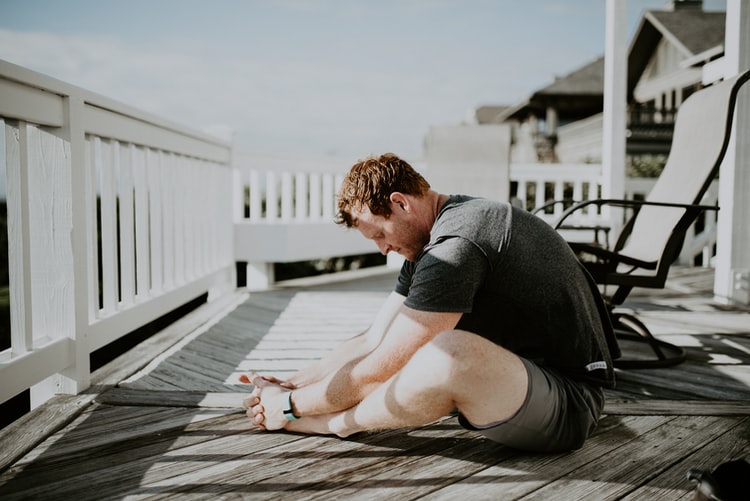Most exercisers know that rest after exercise is essential for high-level performance, but many still feel guilty when they have a day off. The body improves and strengthens in the time between trainings, and continuous training can actually weaken the strongest athletes.

Rest days are crucial for sports performance for a variety of reasons. Some are physiological and some psychological. Rest is physically necessary so that the muscles can repair, renew and strengthen. For recreational athletes, a day off can help maintain a better balance between home, work and fitness. In the worst case, too little rest and too few days of recovery can lead to overtraining syndrome. Once you get into this state, it is difficult to recover from it.
What happens during recovery?
Incorporating recovery time into any training program is important because this is the time when the body adapts to the stress of exercise and the real effect of training is achieved. Exercise or any other physical work causes fluid loss, muscle tissue breakdown and loss of energy stores (muscle glycogen). Recovery allows the body to replenish energy stores and repair damaged tissues. Without enough time to repair and replenish, the body will continue to break down from intense exercise.
Short-term recovery
Short-term recovery, sometimes called active recovery, occurs in the hours immediately after intense exercise. Active recovery includes low-intensity exercise during the cooling phase immediately after strenuous exercise, as well as during the days following exercise. Both types of active recovery are associated with performance benefits.

The other main focus of recovery immediately after exercise is to replenish energy, fluid and optimize protein synthesis (the process of increasing the protein content in muscle cells, preventing muscle breakdown and increasing muscle size). You achieve this by consuming the right foods and drinks during meals after exercise. During active recovery, the body works to repair soft tissue (muscles, tendons and ligaments). It is also a time to remove chemicals that accumulate as a result of cellular activity during exercise. One or two nights of bad sleep will usually not have a big impact on performance. But constant inadequate sleep can result in changes in hormone levels, especially those related to stress, muscle recovery and mood. Sleep deprivation can lead to increased levels of cortisol (a stress hormone), decreased activity of human growth hormone (which is important for tissue regeneration), and decreased glycogen synthesis.
Long-term recovery
Long-term recovery techniques are built into the seasonal training program. Most well-designed annual training schedules will include days or weeks of recovery.That is why athletes and coaches change their training programs throughout the year, adding exercise restrictions, changing types of exercise and changes in intensity, time and distance.
Adjusting exercises
The principle of adjustment says that when we undergo the stress of physical exercise, our body adapts and becomes more efficient. It’s just like learning any new skill. It’s hard at first, but over time it gets easier. Once you adjust to a given stress, you need extra stress to keep progressing. But there are limits to how much stress the body can handle before it gets tired and increases the chances of injury. If you train too much, it will result in injuries or muscle damage. If you train poorly for too long, there will be no improvement. That is why we have set specific training programs in the application that increase the time and intensity to the planned rate and enable rest days.

A few words from us
It is the alternating adjustment and recovery that brings the exercisers to a higher level of fitness. High-level exercisers must understand that the greater the intensity and effort of training, the greater the need for recovery. Track your workouts with a diary on our app and pay attention to how your body feels and how motivated you are. This will help you determine your recovery needs and modify your training program accordingly.
